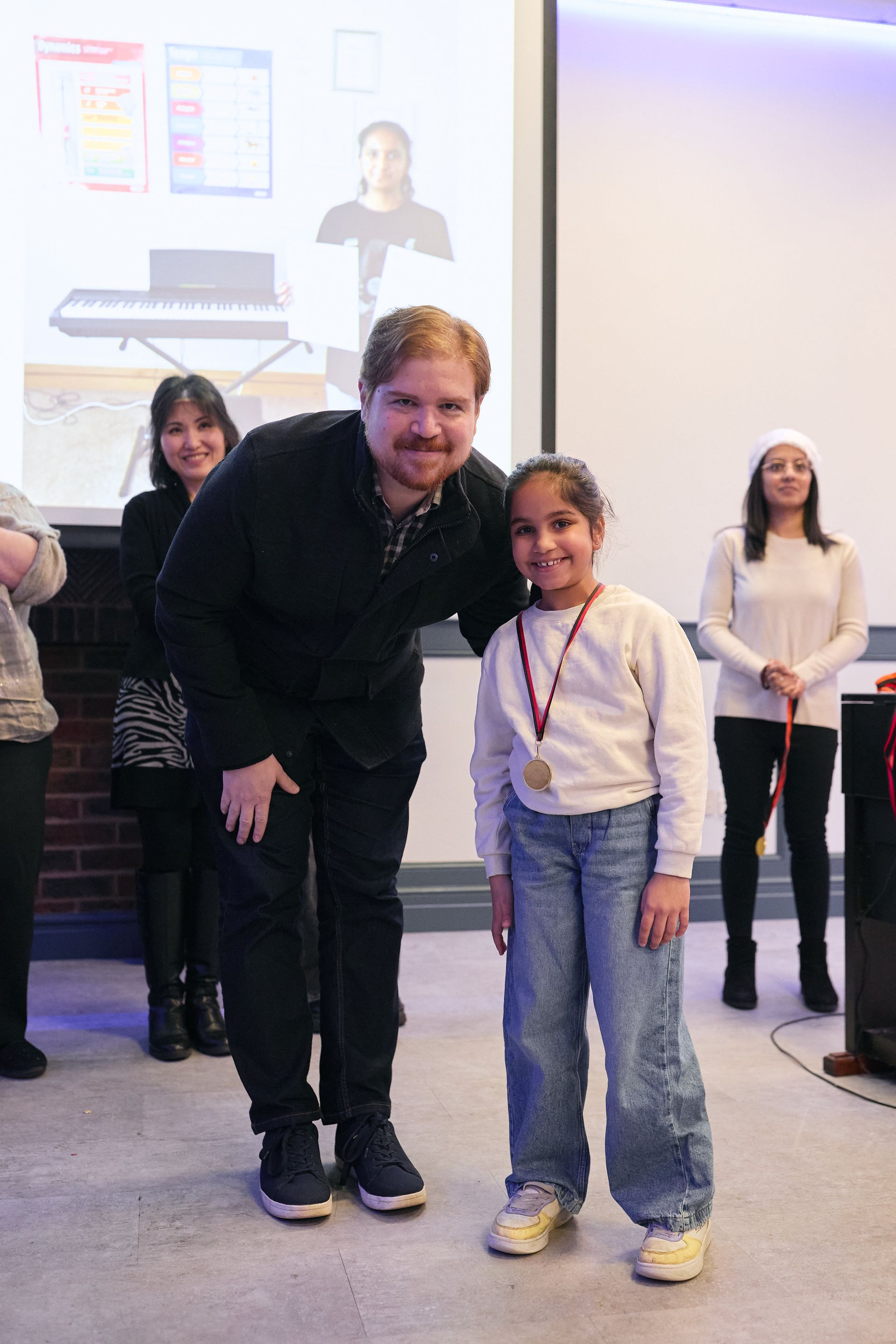How Learning Piano Can Boost Your Career, Skills, and Well-Being for Life
Learning to play the piano is more than just mastering an instrument, it’s a skill that can enrich your life in countless ways. Whether you dream of a full-time career in music, a side gig performing or teaching, or simply want to enjoy playing as a hobby, the piano offers lifelong benefits. Here’s why sticking with piano practice, whether you’re a beginner or an intermediate player, is always a great idea.
1. Opens Doors to Musical Career Opportunities
If you’re passionate about music, learning the piano can lead to exciting career paths. You could become a professional musician, a music teacher, an accompanist, or even a composer. With dedication and practice, the piano can be a stepping stone to a fulfilling career in the music industry.
2. A Side Gig with Endless Possibilities
Even if you don’t pursue music full-time, piano skills can provide additional income opportunities. You could play at events, teach lessons part-time, or collaborate with other musicians. Having a musical side gig can be both financially and personally rewarding.
3. Enhances Cognitive and Emotional Well-Being
Studies show that playing the piano improves memory, coordination, and concentration. It also serves as a creative and emotional outlet, helping to relieve stress and boost overall mental well-being.
4. Builds Confidence and Discipline
Learning piano requires patience, practice, and perseverance. As you progress, you’ll develop confidence in your abilities and a sense of achievement that carries over into other areas of life.
5. Lifelong Enjoyment as a Hobby
Even if you never perform professionally, playing the piano is a rewarding lifelong hobby. Whether you’re playing for yourself, family, or friends, music brings joy and relaxation at any age.
6. Social and Collaborative Opportunities
Piano playing isn’t just a solo activity. You can join bands, accompany singers, or participate in community events. Music fosters connections and brings people together in meaningful ways.
Whether you pursue piano as a career, a side gig, or a hobby, the benefits are undeniable. From cognitive growth to creative expression, piano playing is a skill that stays with you for life. Keep practicing, stay motivated, and enjoy the journey because every note you play adds value to your life. Get in touch to find out more information here: www.keysoundsuk.com/contact



